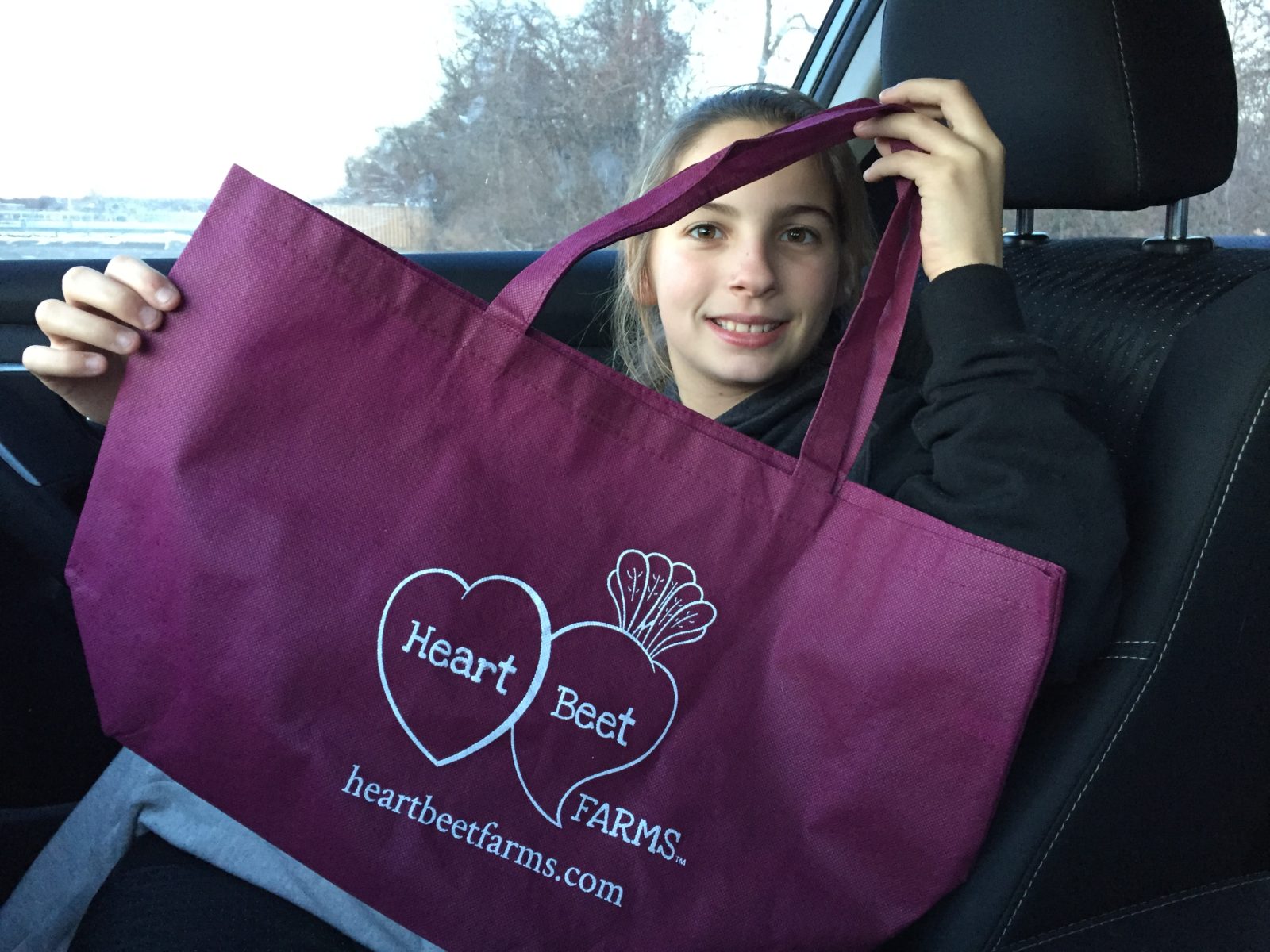The Suffolk County, New York law entitled, “A LOCAL LAW TO REDUCE THE USE OF CARRYOUT BAGS IN RETAIL SALES,” became effective on January 1, 2018. This law encourages Suffolk County consumers to use their own reusable bags for shopping by requiring a minimum $0.05 fee on carryout bags that are provided at retail stores. If this approach fails to reduce the use of plastic bags by at least 75% in 3 years, an outright ban may be revisited at a later date.
When shopping at Home Depot, Whole Foods Market, and even Modell’s Sporting Goods I noticed a slightly longer wait at the checkout counters. Customers are bagging their merchandise in reusable bags, they are asking questions about the new law (many were unaware), some are trying to carry out their merchandise by hand as to avoid the 5 cent fees and some are complaining to the check out person about the additional charges. However, this is a significant step for Suffolk County, NY in contributing to helping our environment and the Earth and I am personally thrilled about it!
The Suffolk County Law cites various facts about the use of plastic bags that, although not a surprise, are frightening and, fortunately, have compelled a significant change in our County:
- The United States Environmental Protection Agency shows that between 500 billion and 1 trillion plastic bags are consumed worldwide each year.
- Most plastic bags do not biodegrade; over time, the bags break down into smaller, more toxic petro-polymers which eventually contaminate soils and waterways.
- It is estimated that plastic bags account for over 10% of debris that washes up on our nation’s coastlines.
- Plastic bags can have a devastating effect on wildlife; birds can become entangled in the bags and different species of sea life can die from ingesting plastic bags which they mistake for food.
- Plastic shopping bags are made from polyethylene, a thermoplastic made from oil. Accordingly, reducing the use of plastic bags will decrease our dependence on fossil fuels.
- Only 5 to 7 percent of plastic bags are recycled, in part, due to the fact that it costs more to recycle a bag than to produce a new one.
- American’s consume more than ten billion paper bags each year and fourteen million trees are cut down yearly for the manufacturing of paper.
- Paper production requires large amounts of water, energy, and chemicals and can emit toxic and hazardous chemicals into the air and water.
- The nation’s paper industry generates more than twelve million tons of solid waste every year.
- New York City recently passed legislation requiring retail stores to charge a fee on carryout bags. Studies indicate that such fees are effective in reducing the proliferation of paper and plastic bags and protecting the environment.
Although an initial inconvenience and change of habit, just put your reusable bags in your trunk or pocketbook and bring them into ANY retail store you frequent. This small inconvenience does not compare to the suffering and death of innocent wildlife or the increase of toxins in our environment.
One question that people have asked me is whether this new Suffolk County Law applies to the HeartBeet Farms farm stand. Technically our mobile farm stand does not qualify under the Suffolk County Law’s retail definition. HOWEVER, Ann and I are applying the new law and will not give out plastic bags. We have always made an effort to use only biodegradable bags but the biodegradability of them has always been a mystery when trying to conduct research. We will continue to encourage people to bring their own reusable bags and will sell our HeartBeet Farms reusable bags at all of our farm stand locations as we have done in the past. We may just increase our supply!
Remember – bring your reusable bags anywhere you go!
If you want to read about the new Law click here: A Local Law to Reduce the Use of Carryout Bags in Retail Sales
